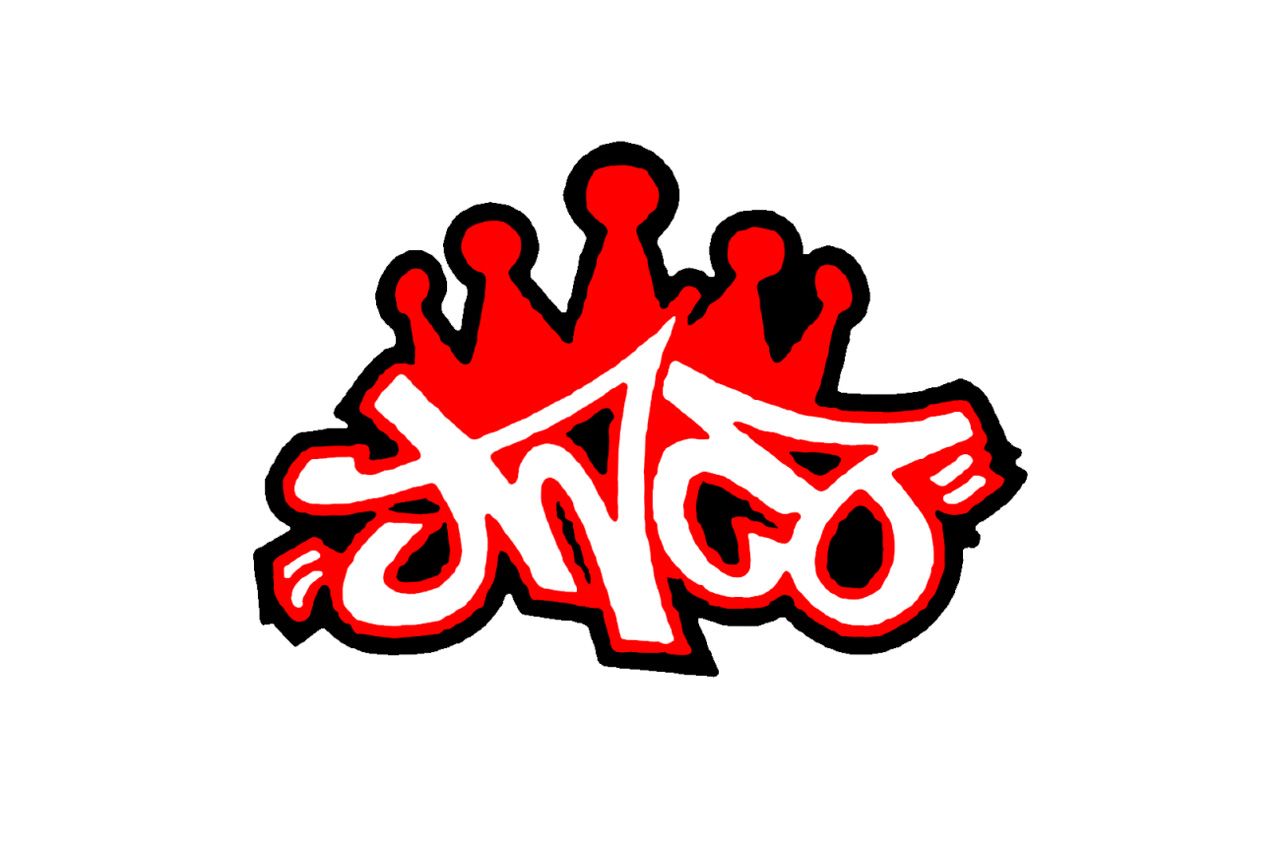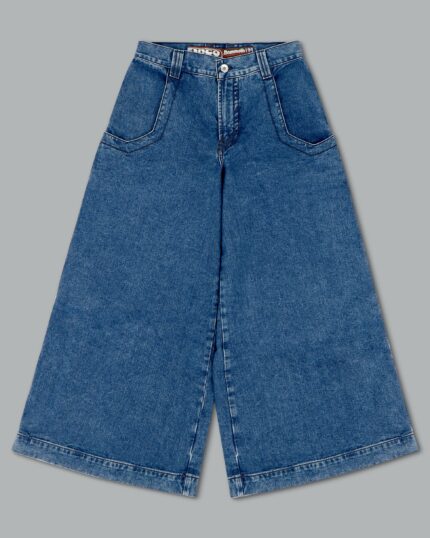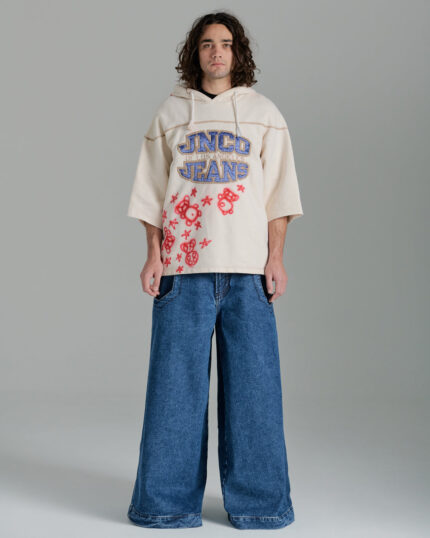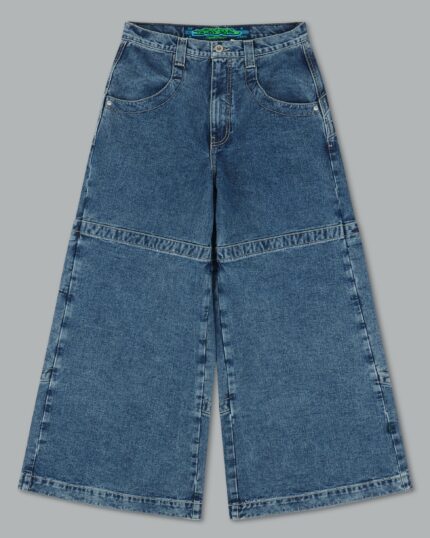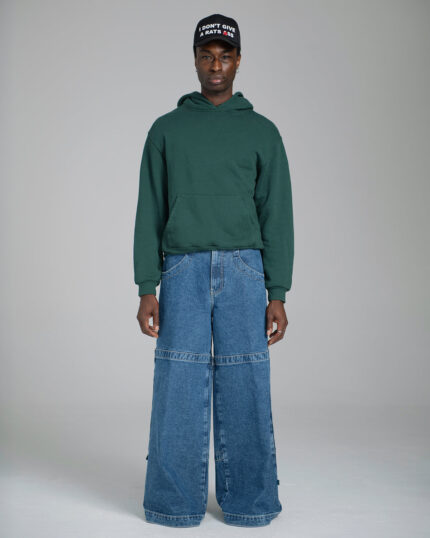No products in the cart.
Convict Dark Stone Jnco Pants
Original price was: 340.00$.255.00$Current price is: 255.00$.Convict Jnco Pants
Original price was: 370.00$.275.00$Current price is: 275.00$.Dark Stone Jnco Mammoth Pants
Original price was: 340.00$.255.00$Current price is: 255.00$.Jnco Crime Scene
Original price was: 340.00$.245.00$Current price is: 245.00$.Jnco Fat Boy
Original price was: 350.00$.260.00$Current price is: 260.00$.Jnco Hangin 34
Original price was: 340.00$.255.00$Current price is: 255.00$.Jnco Hangin 34 Moss
Original price was: 390.00$.280.00$Current price is: 280.00$.Jnco Kangaroo 34
Original price was: 340.00$.255.00$Current price is: 255.00$.Jnco Kangaroo Pants
Original price was: 350.00$.260.00$Current price is: 260.00$.Jnco Mammoth Pants
Original price was: 360.00$.260.00$Current price is: 260.00$.Jnco Mugshot 50
Original price was: 350.00$.260.00$Current price is: 260.00$.Jnco Thug 50
Original price was: 340.00$.250.00$Current price is: 250.00$.
JNCO Pants: A Cultural Phenomenon
JNCO pants, recognized for their ultra-wide legs and distinctive style, became emblematic of youth culture in the 1990s. Founded in 1985 by brothers Haim and Yaakov Revah, the brand initially aimed to cater to the skate and surf communities in Los Angeles. Over time, JNCO evolved into a significant player in the fashion industry, particularly among teenagers seeking to express individuality through their clothing choices.
The Rise of JNCO
Origins and Popularity
JNCO’s journey began with the Revah brothers’ fascination with the baggy styles prevalent in East Los Angeles. The jeans debuted in 1993 and quickly gained traction among young consumers. Their popularity surged thanks to effective marketing strategies that targeted skaters and surfers, leading to partnerships with retailers like Pacific Sunwear and Hot Topic. By 1998, JNCO jeans had reached peak sales of $186.9 million, becoming a staple in youth fashion.
Cultural Impact
JNCO jeans were not just a fashion item; they symbolized rebellion and nonconformity. The wide-leg design, often featuring oversized pockets adorned with graffiti-style artwork, resonated with various youth subcultures, including hip-hop and nu-metal fans. Artists like MC Hammer and groups such as N.W.A popularized baggy styles that paved the way for JNCO’s success The jeans became so popular that some schools attempted to ban them due to concerns about safety and dress codes
